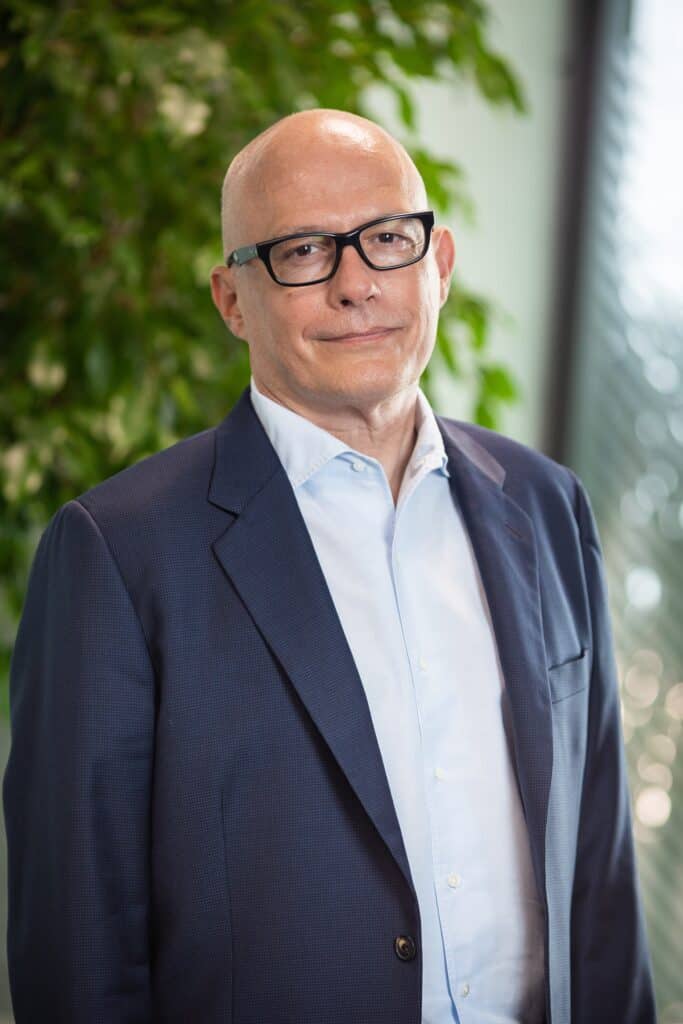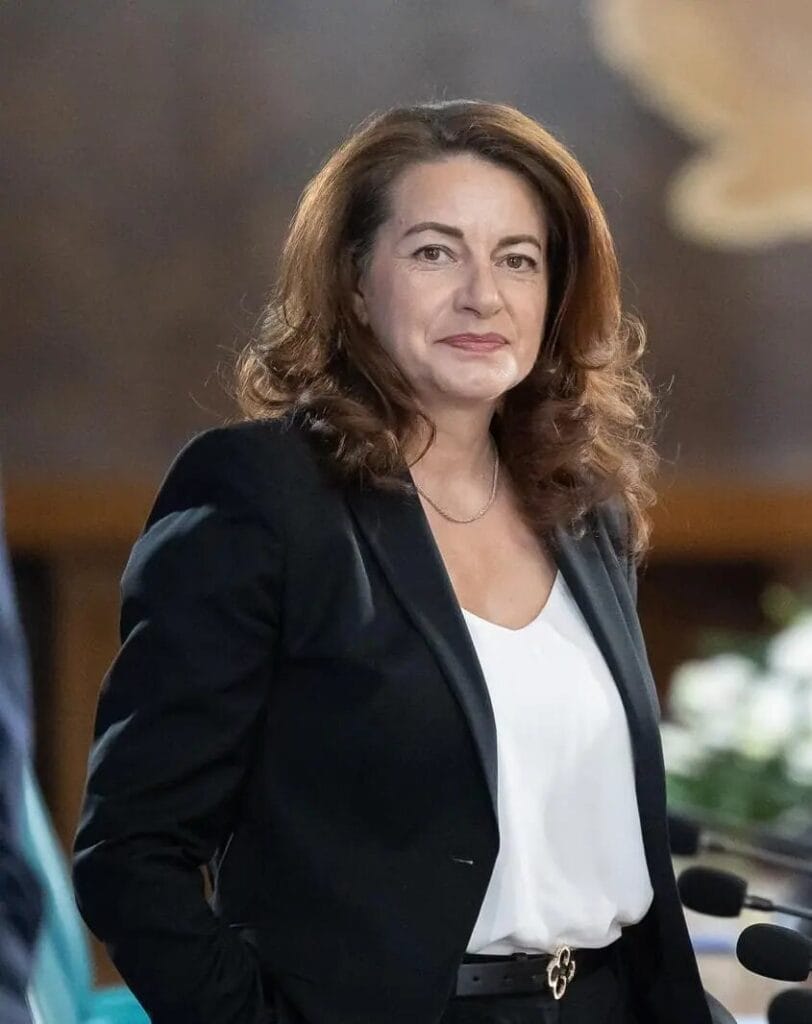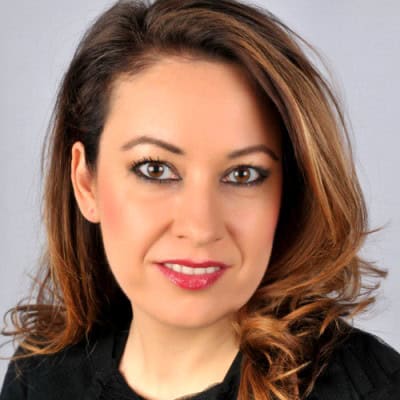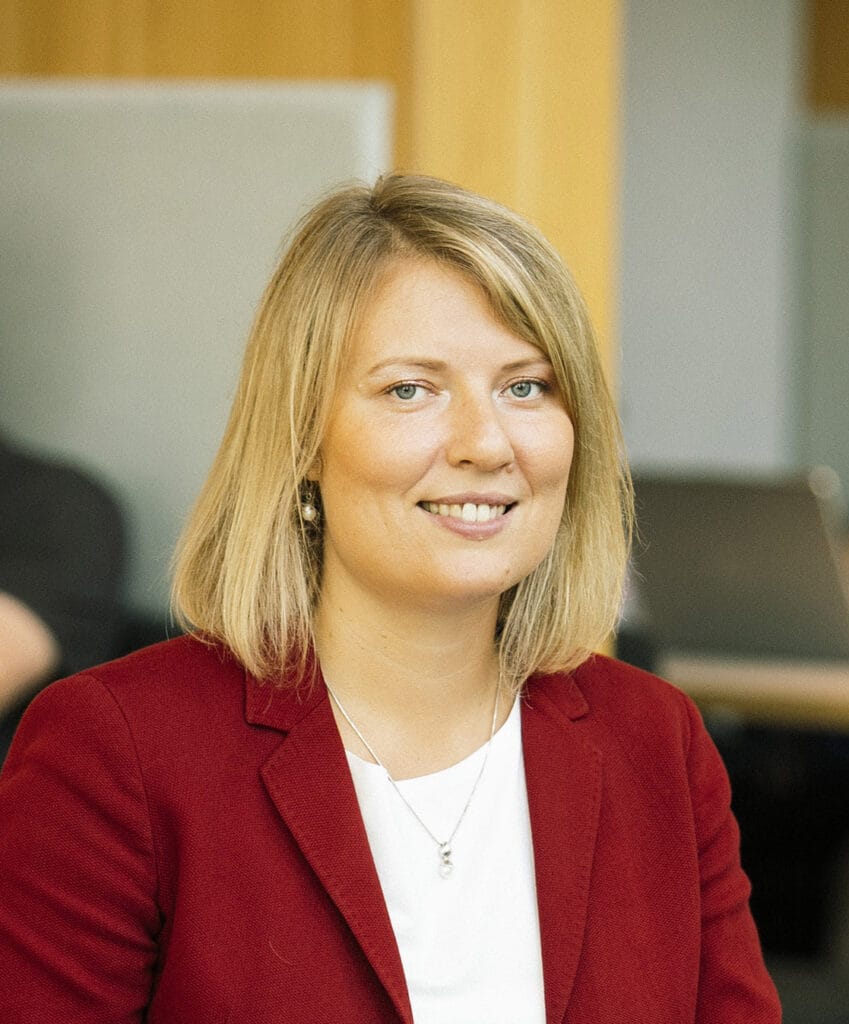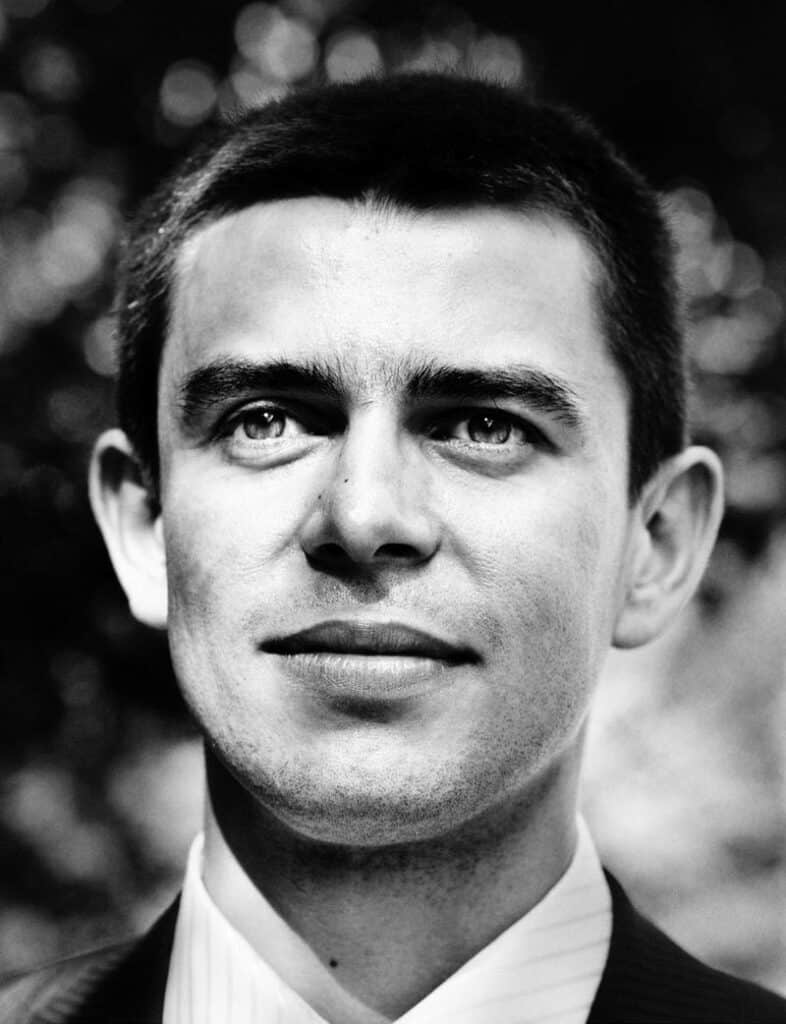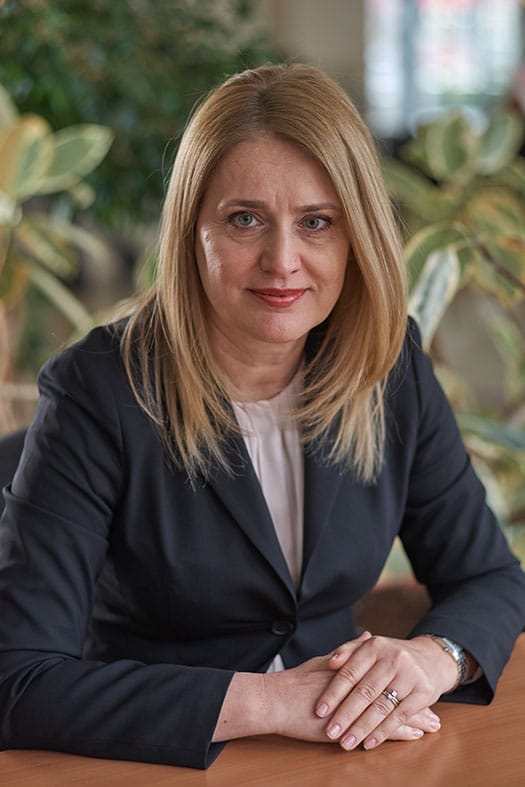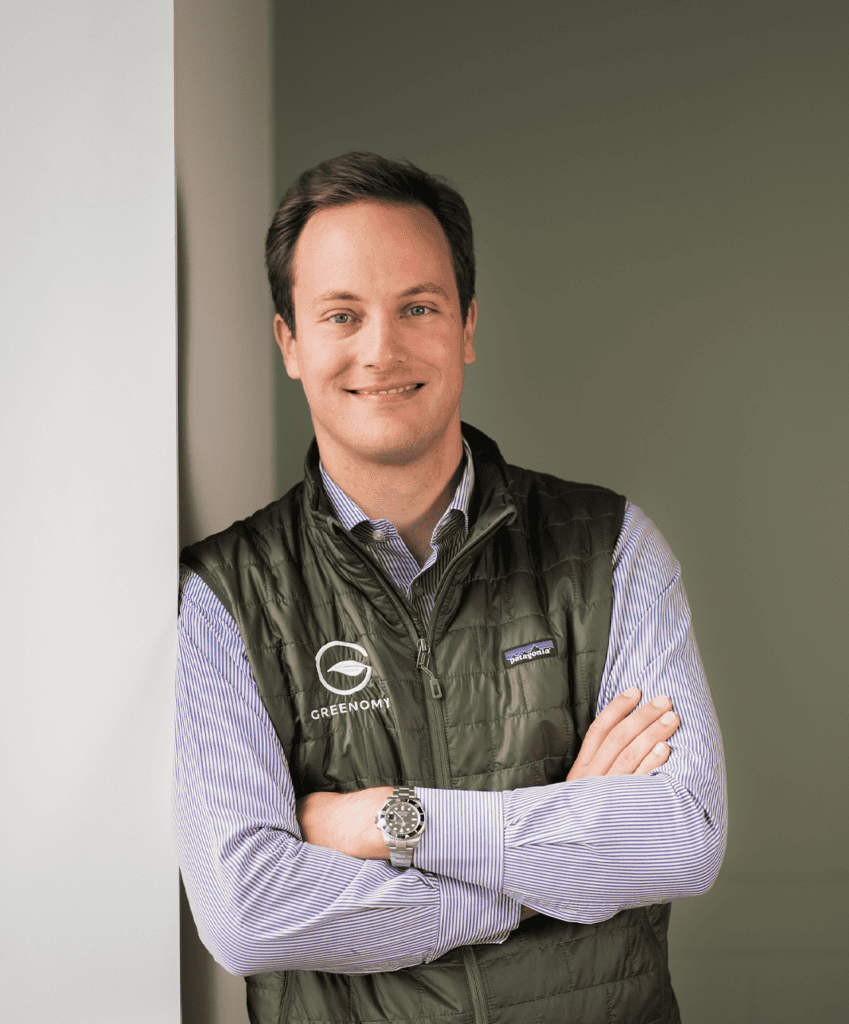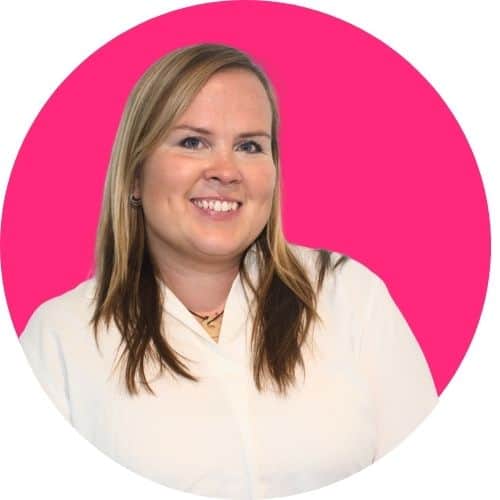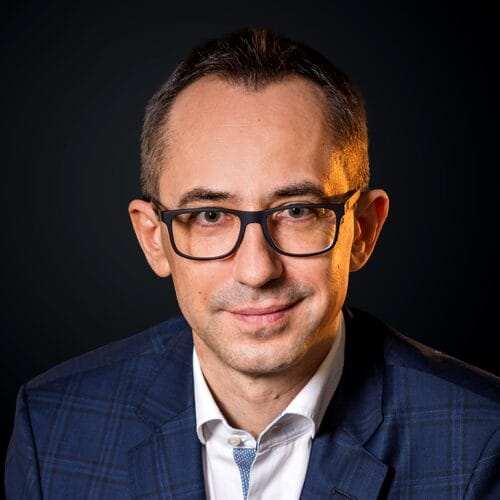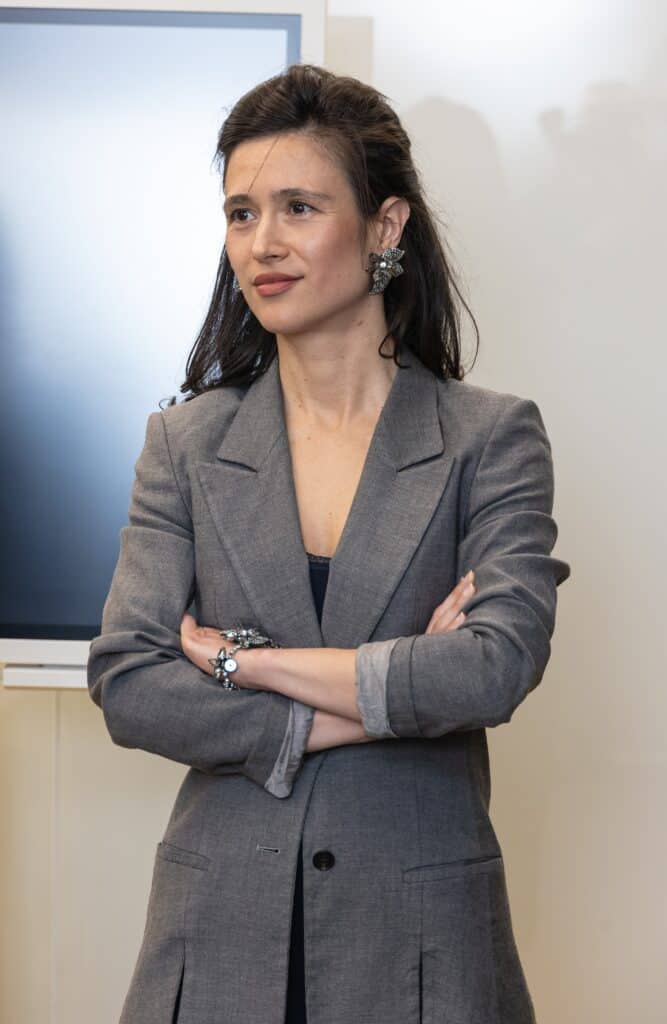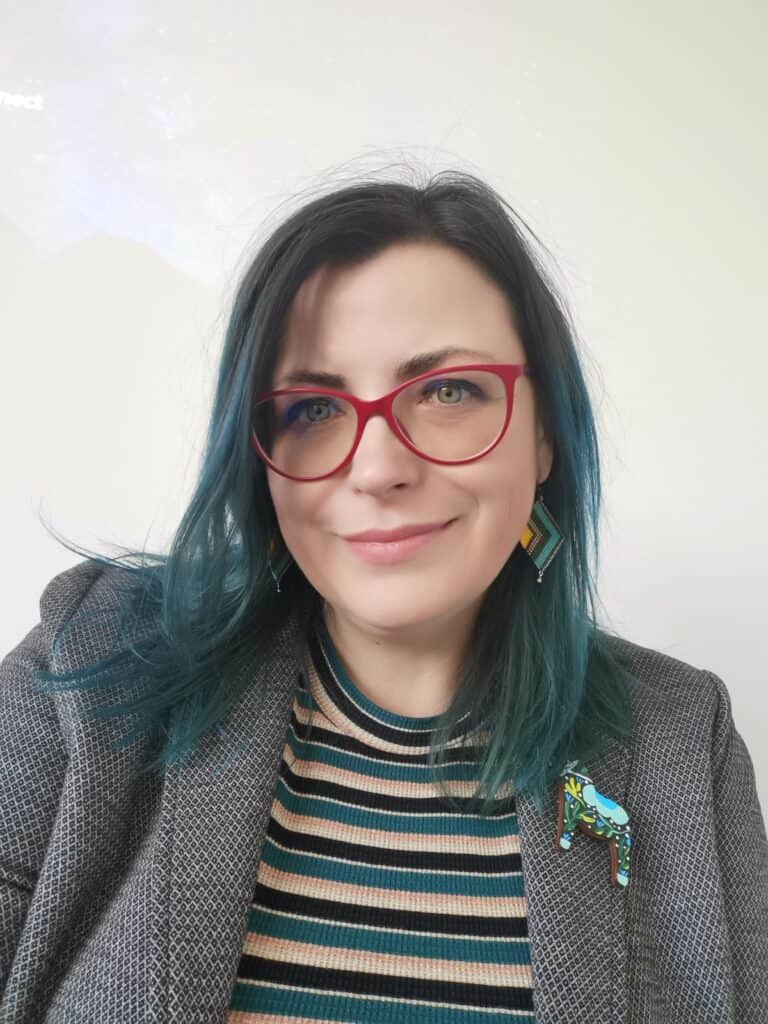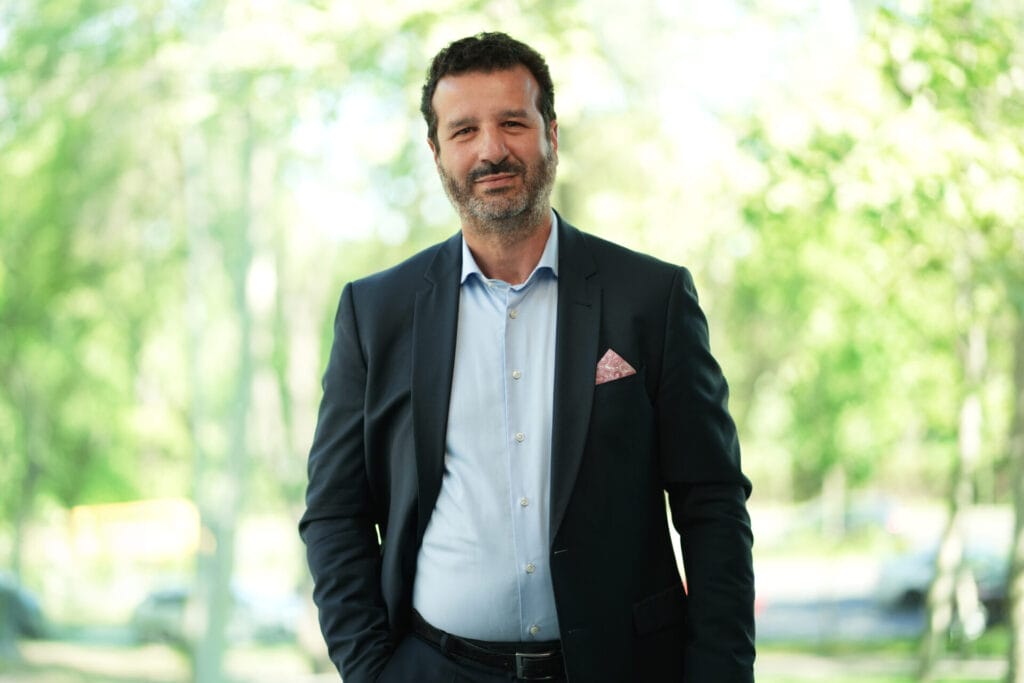Farms have always produced data. But throughout agriculture’s 10,000-year history, most of it has remained out of reach or, at best, impossible to manage efficiently.
Today, new digital tools are helping farmers access these insights to harness unprecedented opportunities for their farms, their communities, and our planet. With the power of this data at their fingertips, farmers are also better able to address the evolving challenges we all face, whether it’s helping to ensure global food security, fight climate change or conserve precious natural resources.
A Smarter Toolbox
The right tools make all the difference. This is especially true in agriculture, where farmers must navigate an ever-evolving landscape of changing weather patterns, environmental conditions, consumer demands, regulatory requirements, and countless other factors. By helping farmers gain additional insights into what’s happening in their fields, we can enable a better use of farms, farmer time, and inputs to drive sustainable harvests. That’s better for them, for their operations, and for our planet.
Learn more about some of the many digital tools that are changing the face of agriculture for good.
Digital Farming Platforms

Digital farming applications enable farmers to draw insights about their operations by combining data from their farms with our leading data science, supported and visualized by satellite imagery. From weather to in-season field health to a live look at combines harvesting crops in the field, this digital platform provides a complete picture of precisely what’s happening so that farmers can make the best use of their resources. With these insights, they know more accurately when to plow, when to plant, when to apply and when to harvest, and in the right amounts given their unique fields. In addition to giving individual field areas what they need to thrive, this approach to prescriptive agriculture also helps farmers to conserve their inputs, cut costs and save precious time they can devote to other aspects of their operations.
Smart Drones

Aerial drones are taking agriculture to new heights by providing farmers with valuable new perspectives into their operations. Many of these drones are even equipped with special imaging technology that can provide vital information about plant health throughout the field. These multispectral cameras can reveal when plants are impacted by various degrees of crop stress – e. g. pests, disease or drought – before it’s visible to the naked eye. This insight alone allows farmers to address each threat before it takes hold. Drones are also being used in parts of the world for precision application and planting.
In-Field Soil Sensors

Healthy soil is the foundation for thriving crops. That’s why in-field soil sensors are an increasingly important tool on the farm. This proprietary digital technology enables farmers to monitor detailed soil conditions such as moisture and nutrient levels—all in real time. Using geo-location, these in-field sensors enable farmers to conserve more water and other resources by knowing precisely where to apply specific inputs so they don’t waste any on plants that don’t need them.
Data Analytics & Artificial Intelligence

Digital tools are advancing agriculture even beyond farmers’ fields. Breakthroughs in artificial intelligence are accelerating the pace and success of plant breeding innovations by accurately predicting genetic outcomes during trials. Coupled with other innovations, AI is helping us deliver more sustainable solutions, faster. Similarly, robust data analytics platforms are transforming what’s possible throughout the entire farming ecosystem.
Smart Combines

The Internet of Things (IoT) is increasingly at-home on the farm. Smart combines can make incredible use of the collective insights that sync across other devices in an increasingly digital ecosystem. Equipped with its own sensors that collect billions of data points, smart combines are helping farmers optimize their resource use. In particular, precision planters couple GPS data with historical and forecast field information to plant the right seeds at the ideal depth, density, and location in the field to maximize their chances of success throughout the season. As a result, this highly automated process also helps conserve fuel and reduce the associated carbon emissions.
Digital Solutions
Automation, digital tools, and the science of data won’t eliminate the many complex tasks involved in a successful growing season; these approaches and tools instead enhance those tasks, leveraging innovation to more productive and sustainable ends. Increasingly intricate data is providing insights that enable us to assess and improve our products better than ever by understanding even more about how they are used and how they perform. As such, we’re better able to breed seeds that are designed to thrive in specific regions, climates and soil types. And by providing farmers with these new datasets, we can create new tailored solutions that best support the decisions they make every day from planting to harvest.
Curated by Bayer.


